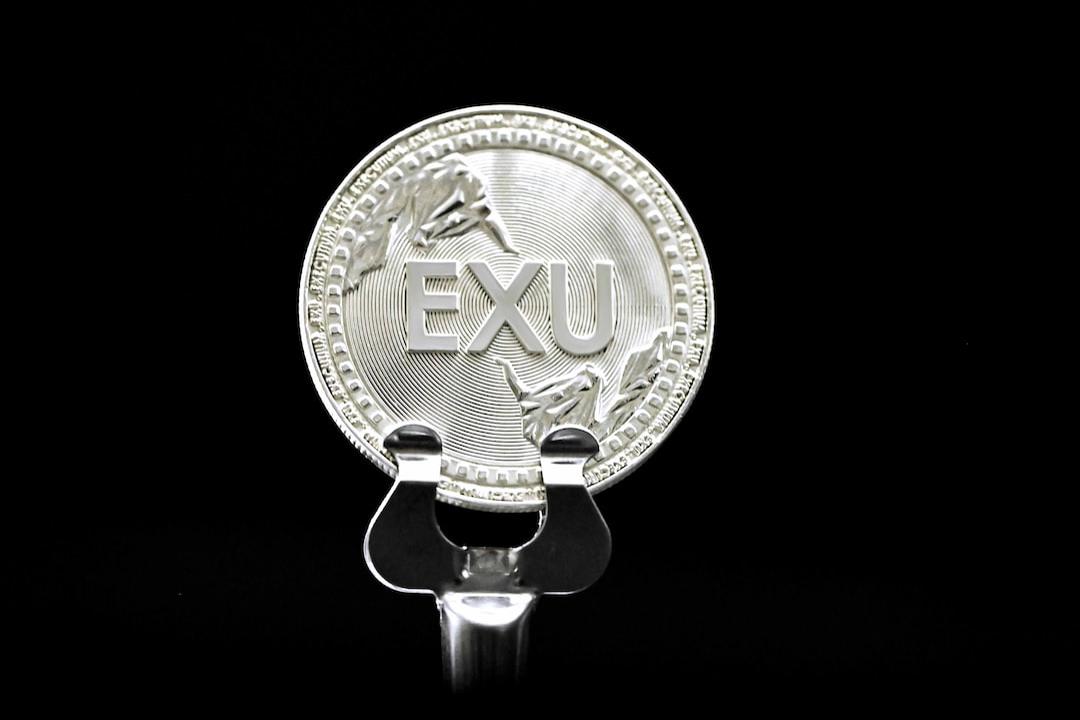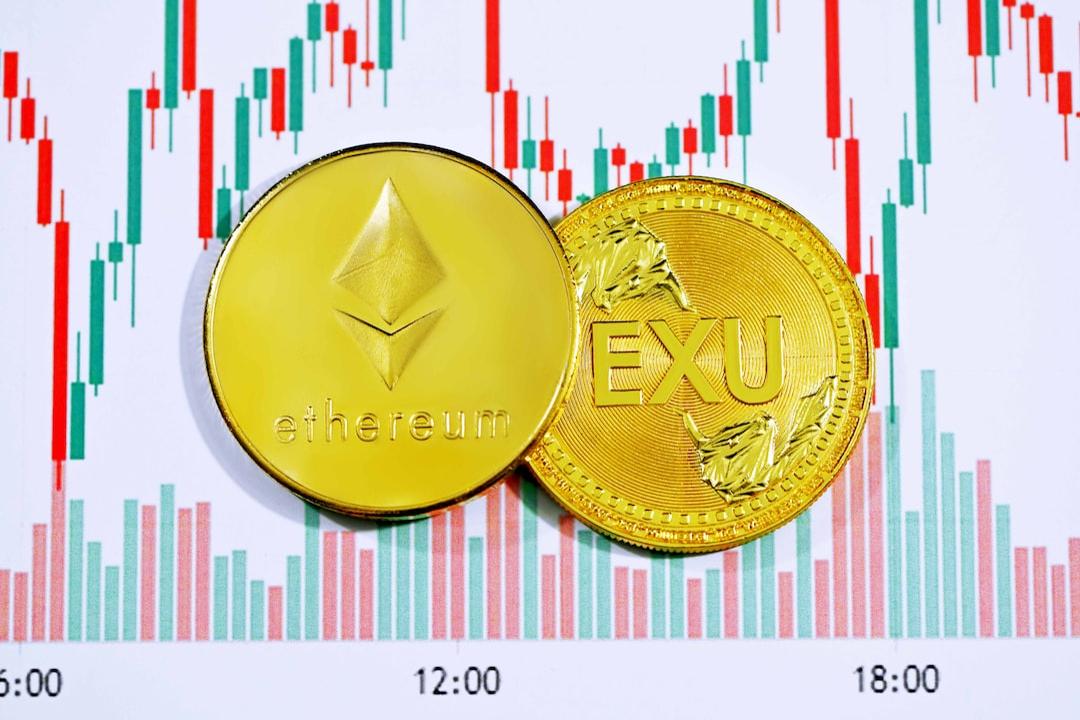The Swiss National Bank’s Stance on Cryptocurrencies
The Swiss National Bank (SNB) has publicly declared its preference to exclude cryptocurrencies from its portfolio due to the associated risks of liquidity and price volatility. Bank officials noted that these risks could become more pronounced during times of crisis, leading to their cautious approach.
SNB’s Stance on Cryptocurrencies
During a general assembly meeting, SNB President Martin Schlegel expressed that while market liquidity for cryptocurrencies can seem sufficient at times, it should be reconsidered during crises. He emphasized that the inherent high price volatility of crypto assets poses risks for long-term value storage. Thus, he believes such assets do not align with the bank’s current reserve strategy.
Martin Schlegel: “The inherent high price volatility of crypto assets poses risks for long-term value storage. We believe it does not fit our reserves under the current conditions.”
Furthermore, research published by Bitcoin 
$ 94,884 advocates suggested that adding a small percentage of cryptocurrencies to the Swiss treasury could enhance the portfolio and significantly increase returns. Simulation results indicated that including just 1% of crypto assets could yield substantially higher returns than previously achieved.
International Perspectives
Bitcoin supporter Luzius Meisser claimed that cryptocurrencies remain resilient under market conditions, continuously maintaining high liquidity due to significant transaction volumes. He highlighted that Bitcoin’s price has reached new heights, showcasing its resilience against market stress and solidifying its reputation as one of the most reliable technological infrastructures.
Luzius Meisser: “Bitcoin’s price has reached new peaks, maintaining its resilience against market stress, and the system stands out as one of the most reliable technological infrastructures.”
Christine Lagarde, President of the European Central Bank, criticized cryptocurrencies, underscoring that they are not free from risks related to liquidity, security, and association with crime. Moreover, while some central banks in various countries echoed similar sentiments, Poland and Romania’s central banks emphasized the importance of relevant legal regulations.
In the United States, Federal Reserve Chairman Jerome Powell stated that current regulations exclude cryptocurrencies, although recent announcements indicated steps toward establishing a strategic cryptocurrency reserve this year.
Although the SNB does not hold cryptocurrencies directly in its portfolio, it does have indirect exposure through shares in related companies. The bank is actively monitoring technological advancements and is conducting a pilot project for digital currencies to facilitate interbank payment processes.
Overall assessments suggest a cautious stance towards cryptocurrencies, recognizing their high return potential while acknowledging the associated risks. The SNB’s decision is being closely observed in an environment where financial policies are being debated internationally.


